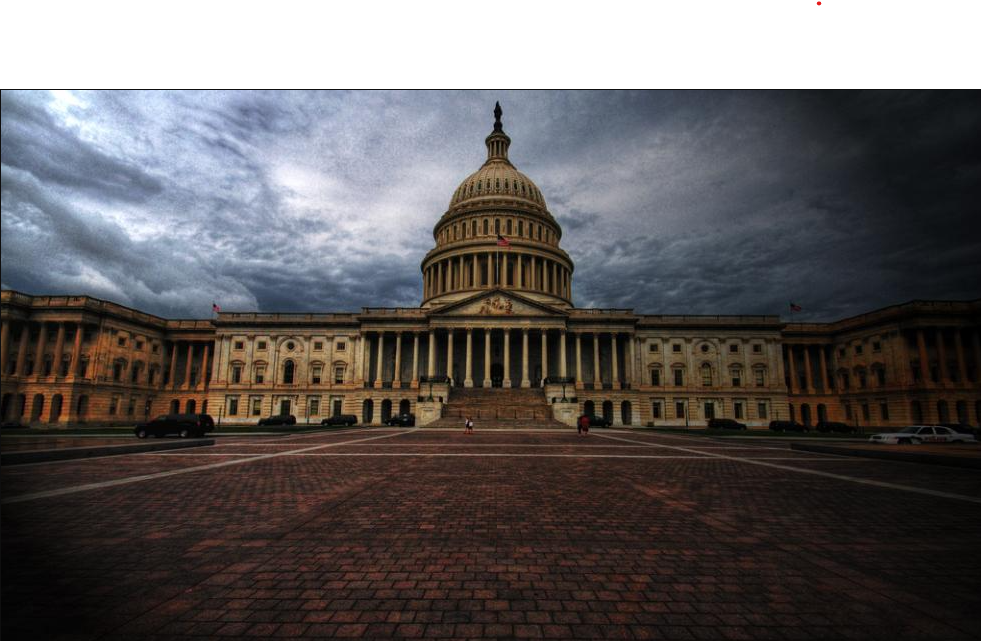the Senate supported a transient subsidizing bill for the central government late Wednesday night, deflecting a possible closure toward the week’s end while driving the following financing cutoff time into mid 2024. At first passed by the House on Tuesday, the bill presently goes to the White House, where President Joe Biden is supposed to sign it according to schedule Friday.
The bill passed effectively in a 87-11 vote, with 10 conservatives and one leftist democratic against it. The solitary leftist holdout, Sen. Michael Bennet of Colorado, said he went against the bill since it neglected to incorporate guide for Ukraine.
As we let you know recently, the makeshift bill makes two new cutoff times ahead of schedule one year from now, for certain divisions getting financing until January 19 and others until February 2 – actually making two new closure dangers. The bill is moreover “clean,” meaning it incorporates no revisions resolving disruptive issues, for example, unfamiliar guide and makes no cuts in spending, and on second thought broadens current spending levels into mid 2024.
In spite of the fact that traditionalists in the House pushed to remember financing cuts and strategy arrangements for the bill, the way that the bill kept away from those issues was a critical figure winning bipartisan help in the two offices of Congress.
Senate Greater part Pioneer Throw Schumer acclaimed administrators’ eagerness to cooperate and leave to the side questionable issues that took steps to wreck the work. “In light of bipartisan participation, we are keeping the public authority open with no death wishes or unsafe slices to essential projects — an extraordinary result for the American public,” he said. “Assuming the speaker will work with liberals and oppose the alarm melody of the extreme solidly in the House,” he added, “then we can stay away from closures from here on out and complete crafted by subsidizing the public authority.”
The clock is ticking: The temporary bill eliminates the quick danger of a closure and gives the commitment of an uncommonly calm occasion break for Congress, yet it likewise kicks the financing can down a street that is both short and uneven. While early January might appear to be sensibly far away, the occasion accident toward the year’s end implies there are not very many regulative days left before the new cutoff times show up, passing on brief period to manage an entire host of difficult issues.
Maybe the most major problem will keep away from a fractional closure in mid-January, and one more toward the beginning of February. Administrators should either arrive at their objective of spending entire year financing bills through both the House and Senate or think of another temporary bill – with the last choice previously being limited by House Speaker Mike Johnson. Either way offers an entire host of expected impediments, and regardless of whether the House can figure out how to pass every one of the 12 of its yearly spending bills before very long, they will probably run into resistance in the Senate, requiring long and troublesome discussions to pound into satisfactory structure.
In the mean time, administrators should manage regulation tending to help for Ukraine, Israel and Taiwan, as well as financing demands for catastrophe alleviation, kid care suppliers and line upgrades – which will all be hard to determine all alone, and, surprisingly, more so in the event that they become entrapped in official pony exchanging.
Divisions might develop: While traditionalists in the House offered Johnson space to effectively arrange a bipartisan arrangement that stayed away from an administration closure, they again revolted in the wake of seeing the outcome. Over the most recent fourteen days, conservatives have been not able to pass numerous spending charges because of inside disagreements regarding spending levels and strategy arrangements, with the hardliners saying they are done ready to cooperate with requests for split the difference – barely a promising improvement in front of the new cutoff times.
“We’ve had enough,” Rep. Scott Perry of Pennsylvania, the director of the extreme right Opportunity Gathering, said in the wake of assisting with wrecking a financing bill on Wednesday. “We need to see great, noble arrangement, however we won’t be important for the disappointment theater any longer.”
On the House floor Wednesday, Rep. Chip Roy of Texas, an individual from the House Opportunity Gathering, abraded his kindred conservatives for their inability to win moderate triumphs and approached them to pass charges that cut spending and decrease the size of government, among different goals. “When are we going to do what we said we would do?” he said.
Simultaneously, more moderate conservatives in the House are standing up against traditionalists’ calls for possibly disruptive spending cuts. Rep. Scratch LaLota of New York, an individual from the moderate Issue Solvers Gathering, casted a ballot against a bill this week in dissent of what he saw as unnecessary decreases in spending. “My ‘no’ vote on the fundamental rule was a message to my party’s initiative to quit burning through individuals’ experience with destined bills and begin composing more sensible ones which can pass the House,” he told The Slope.
The primary concern: Officials effectively delayed a closure danger with the current week’s bipartisan financing bill, however developing cracks inside the GOP-controlled House – and serious conflicts all through Congress about troublesome issues like guide to Ukraine and line strategy – may make it challenging to rehash that presentation in mid 2024.

